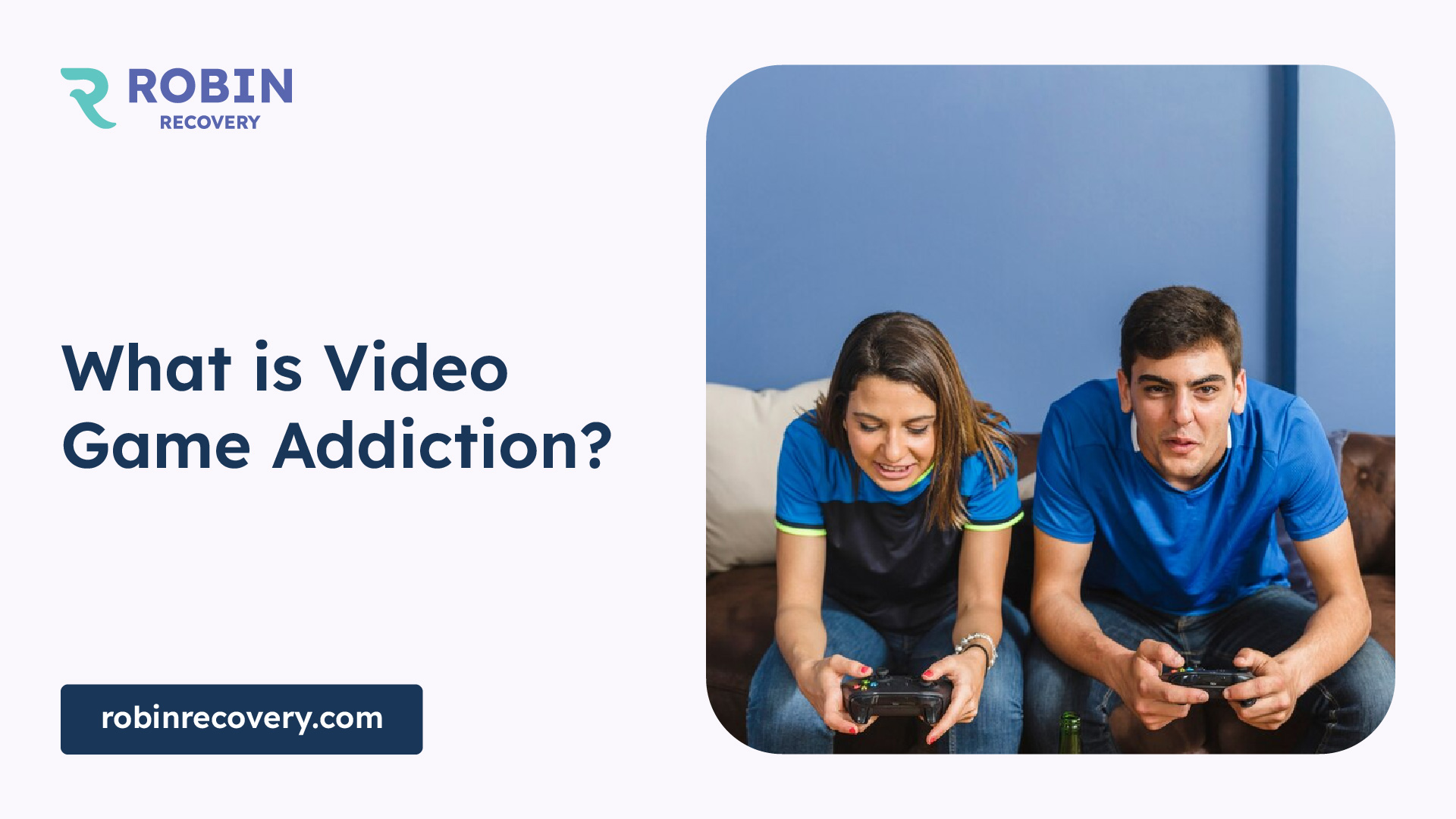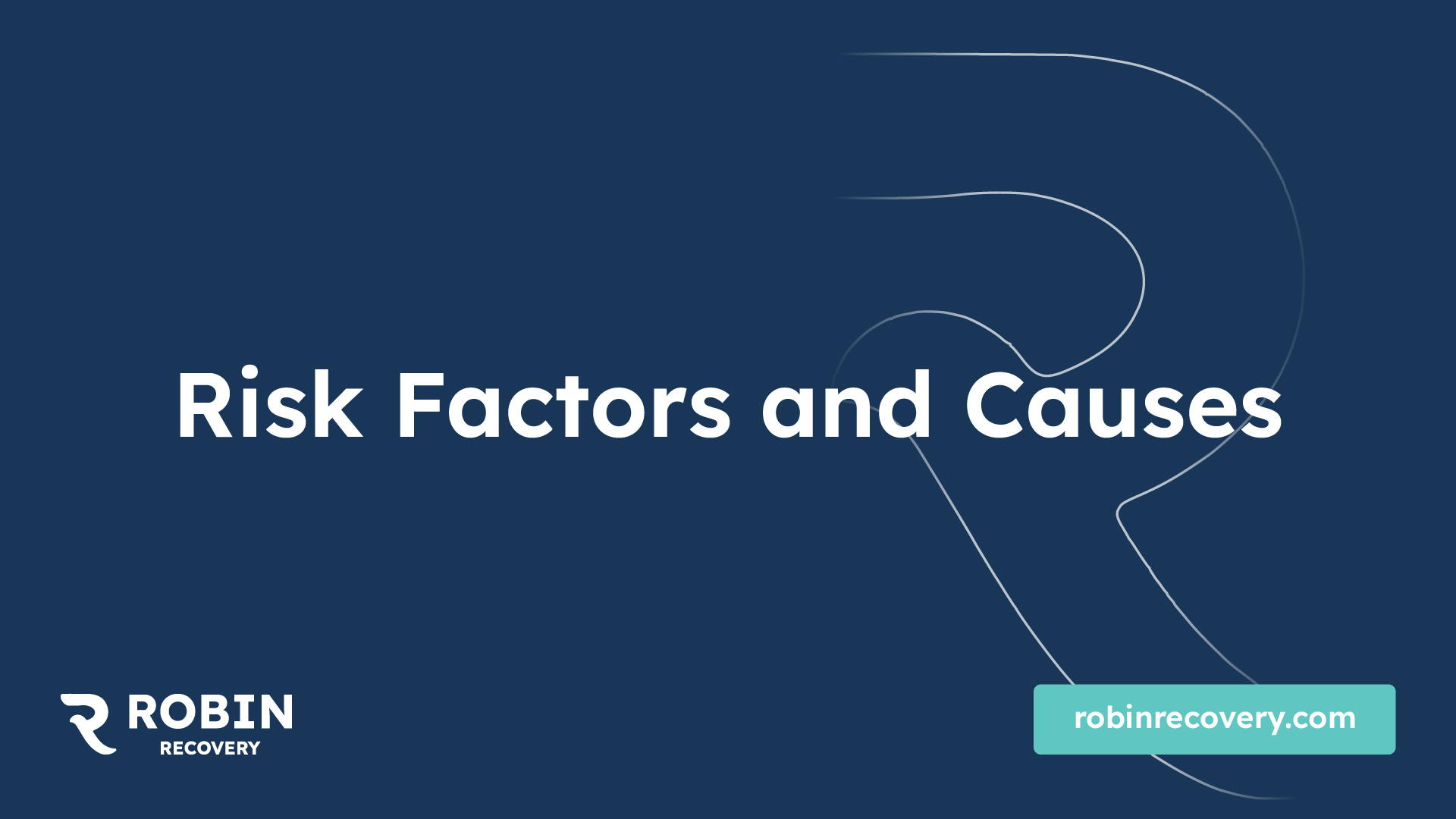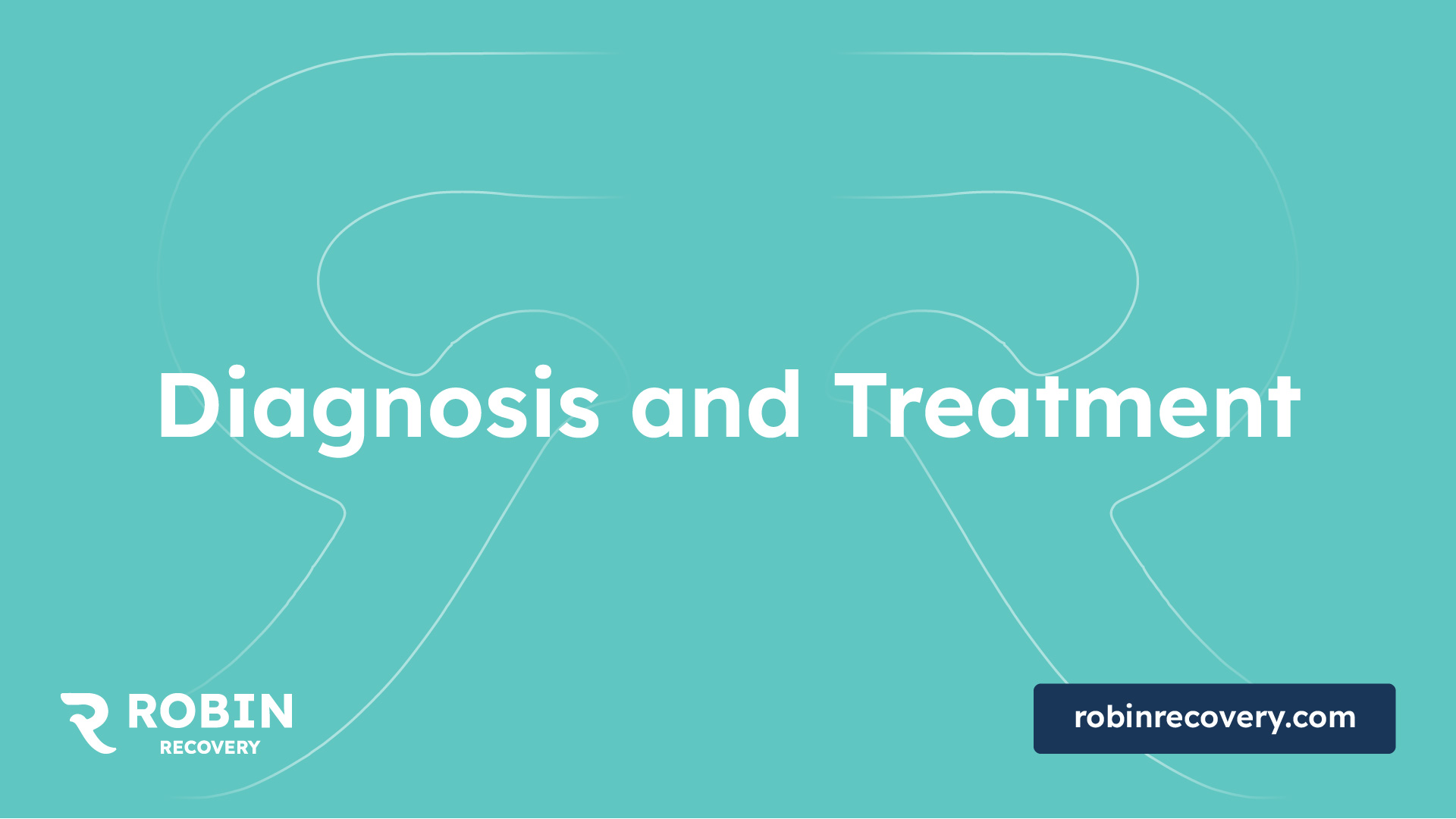What is Video Game Addiction?


Understanding Video Game Addiction
Video game addiction, also known as internet gaming disorder, is a condition characterized by severely reduced control over gaming habits, leading to negative consequences in various aspects of life such as self-care, relationships, school, and work [1]. It is important to understand the definition and prevalence of video game addiction to recognize its impact and seek appropriate help if needed.
Definition of Video Game Addiction
Video game addiction is defined as a compulsive and excessive use of video games, to the extent that it begins to interfere with daily life activities. Individuals with video game addiction may experience an intense urge to play, difficulty in controlling the amount of time spent gaming, and continued gaming despite negative consequences. This addiction can lead to a loss of interest in other activities, neglect of personal responsibilities, and strained relationships.
Prevalence of Video Game Addiction
Video game addiction is a growing concern, particularly among the younger population. Researchers estimate that video game addiction affects between 1.7% and 10% of the U.S. population, with adults being the most likely to have this condition. It is worth noting that people assigned male at birth are more prone to video game addiction than those assigned female at birth [1].
The popularity of video gaming has increased significantly in recent years. In the United States, 59% of Americans regularly play video games. Similar trends are observed in other parts of the world, with 48% of Europeans and 56% of young adult Norwegians engaging in regular video game play. However, it is important to note that not everyone who plays video games develops an addiction.
In a study of Norwegian adolescents, the prevalence rates were reported as follows: 4.2% addicted gamers, 12.9% problem gamers, 4.9% engaged gamers, and 78% non-problem gamers [2]. These figures highlight the varying degrees of video game involvement and the importance of recognizing problematic behaviors.
Understanding the definition and prevalence of video game addiction is the first step in addressing this issue. It is essential to raise awareness, provide support, and promote healthy gaming habits to prevent and intervene in cases of video game addiction.

Risk Factors and Causes
Understanding the risk factors and causes of video game addiction is essential to address this growing concern. Video game addiction can be influenced by various psychological, behavioral, and neurochemical factors.
Psychological Factors
Psychological factors play a significant role in the development of video game addiction. Individuals with low self-esteem, feelings of loneliness, and impulsivity are more susceptible to developing addictive behaviors related to gaming [1]. These individuals may turn to video games as a means of escape or to seek validation and a sense of accomplishment.
Furthermore, poor coping strategies can contribute to the risk of video game addiction. Individuals who struggle with managing stress, emotions, or conflicts may turn to video games as a way to distract themselves or avoid dealing with real-life challenges. It's important to address these underlying psychological factors when addressing video game addiction.
Behavioral Factors
Behavioral factors also contribute to the risk of video game addiction. Excessive gaming, especially when it interferes with other important areas of life such as work, education, relationships, and self-care, is a significant risk factor [1]. Spending excessive amounts of time playing video games can lead to neglecting other responsibilities and activities, which can further reinforce addictive tendencies.
Social isolation can also contribute to the development of video game addiction. When individuals lack strong social connections or struggle with forming meaningful relationships, they may turn to the virtual world of gaming as a substitute for real-life interactions. This isolation can exacerbate addictive behaviors and reinforce the reliance on video games for social interaction.
Neurotransmitters and Addiction
Video games have the potential to activate the brain's reward system, triggering the release of neurotransmitters such as dopamine associated with pleasure and reward. This activation can create a reinforcing cycle, where individuals become dependent on video games to experience pleasure and euphoria similar to substance addiction [3].
Research suggests that excessive gaming can lead to changes in specific brain areas, including the prefrontal cortex (PFC), ventral striatum (VS), and dorsal striatum (DS). These areas are involved in decision-making, motivation, and reward processing. Alterations in these brain regions can contribute to the addictive nature of video games and the difficulty individuals face when trying to control their gaming habits.
Understanding the psychological, behavioral, and neurochemical factors associated with video game addiction is crucial for effective prevention and intervention strategies. By addressing these underlying factors, individuals can develop healthier relationships with video games and regain control over their lives.

Diagnosis and Treatment
When it comes to addressing video game addiction, proper diagnosis and treatment are essential for individuals struggling with this issue. In this section, we will explore the process of diagnosing video game addiction, available treatment options, and the role of psychotherapy in helping individuals overcome this addiction.
Diagnosis of Video Game Addiction
To receive a diagnosis of video game addiction, healthcare providers may refer individuals to mental health professionals who follow the guidelines outlined in the American Psychiatric Association's Diagnostic and Statistical Manual of Mental Disorders (DSM-5). The DSM-5 includes a category called Internet Gaming Disorder (IGD) to describe this condition [1].
The diagnosis of video game addiction requires that the gaming behavior patterns lead to significant impairment in personal, family, social, educational, and/or occupational functioning for at least one year. These patterns must be extreme enough to cause substantial distress or impairment in various areas of life. Seeking professional help is crucial for an accurate diagnosis and the development of an appropriate treatment plan.
Treatment Options
When it comes to treating video game addiction, several options have shown promise in helping individuals overcome this issue. One of the most common treatment approaches is cognitive-behavioral therapy (CBT). CBT helps individuals identify and modify problematic thoughts, emotions, and behaviors associated with their addiction. This therapeutic approach has been effective in reducing symptoms of addiction and depression related to video game addiction.
In some cases, pharmacotherapy trials have been conducted using medications typically prescribed for depression or attention deficit hyperactivity disorder (ADHD). These medications may be used to target underlying mental health conditions associated with video game addiction, but further research is needed in this area.
It's important to note that treatment plans may vary depending on the individual's unique needs and circumstances. Seeking out support and guidance from a video game addiction professional is crucial, especially in severe cases or situations where previous attempts to disrupt the addiction have been unsuccessful. Professional intervention may be necessary, particularly when children are resistant to seeking help for their video game addiction.
Role of Psychotherapy
Psychotherapy, also known as talk therapy, plays a significant role in the treatment of video game addiction. It aims to help individuals identify and change troubling emotions, thoughts, and behaviors associated with their addiction. Specific types of psychotherapy that may be beneficial include:
Psychotherapy provides a supportive and non-judgmental space for individuals to explore the underlying factors contributing to their addiction. It equips them with the necessary skills and tools to manage their addiction and make positive changes in their lives.
By seeking professional help and participating in psychotherapy, individuals with video game addiction can gain a better understanding of their addiction, develop healthier coping mechanisms, and work towards long-term recovery. It is essential to remember that each person's journey to recovery is unique, and a comprehensive treatment plan tailored to their specific needs is crucial for success.
Impact of Video Game Addiction
Video game addiction can have both short-term and long-term effects on individuals, leading to various psychological and social implications. Understanding these impacts is crucial in recognizing the severity of video game addiction and addressing it appropriately.
Short-term Effects
In the short term, video game addiction can result in a range of negative consequences. Excessive gaming can lead to a decline in academic or work performance, as individuals may prioritize gaming over their responsibilities. Sleep disturbances are also common, with gamers often staying up late or neglecting sleep altogether. This can lead to fatigue, irritability, and difficulty concentrating.
Moreover, video game addiction can contribute to a sedentary lifestyle, reducing physical activity and increasing the risk of health issues such as obesity, diabetes, and coronary artery disease. Additionally, excessive gaming may lead to social isolation, as individuals spend less time interacting with friends and family and more time engrossed in the virtual world.
Long-term Effects
Over the long term, video game addiction can have profound effects on emotional, psychological, and social well-being. Studies have shown that individuals with video game addiction may experience symptoms of anxiety and depression [3]. Prolonged periods of gaming can disrupt normal daily routines, leading to difficulties in maintaining relationships, pursuing educational or career goals, and participating in other activities.
Furthermore, video game addiction can impact brain functioning. The prefrontal cortex (PFC), responsible for decision-making and impulse control, may be affected, leading to difficulties in self-regulation. The ventral striatum (VS) and dorsal striatum (DS), regions associated with reward and motivation, can undergo changes, contributing to the addictive nature of gaming. The release of dopamine in the brain, associated with pleasure and euphoria, is similar to the effects observed in substance addiction.
Psychological and Social Implications
The psychological and social implications of video game addiction can be significant. Excessive gaming can lead to a decline in overall life satisfaction, as individuals may become increasingly isolated and disconnected from the real world. Relationships with family, friends, and romantic partners may suffer as gamers prioritize their virtual experiences over personal connections.
Moreover, individuals with video game addiction may struggle with poor self-esteem and self-worth. The constant comparison to others in online gaming communities can exacerbate feelings of inadequacy and contribute to a negative self-image. This, in turn, can perpetuate the cycle of gaming addiction as individuals seek validation and escape from reality within the gaming world.
Recognizing the impact of video game addiction is crucial in addressing the issue and seeking appropriate help. Understanding the short-term and long-term effects, as well as the psychological and social implications, can aid in developing strategies for prevention, intervention, and effective treatment. If you suspect that you or someone you know may be struggling with video game addiction, it is important to seek professional help and support to navigate the path towards recovery and healthier gaming habits.
Statistics and Research Findings
To better understand the impact of video game addiction, it's important to examine relevant statistics and research findings. This section provides insights into global gaming trends, research studies on video game addiction, and recognitions by health organizations.
Global Gaming Trends
Video gaming has gained immense popularity worldwide, with a significant number of individuals engaging in this form of entertainment. According to Game Quitters, the number of gamers suffering from gaming disorder is anticipated to surpass 3 billion by the year 2023. In 2021, there were an estimated 2.81 billion gamers globally.
While the distribution of gamers between genders is almost equal, with 50% male and 48% female, it's important to note that 94% of all gaming addicts are males. This indicates a higher prevalence of gaming addiction among males.
Research Studies on Video Game Addiction
Numerous research studies have been conducted to understand the nature and impact of video game addiction. These studies have shed light on various aspects of this phenomenon, including its prevalence, risk factors, and consequences.
For example, a study conducted in Australia revealed that up to 10% of all gamers were addicted to video games, with the most likely age group for addiction being between 18-34. Additionally, it was estimated that around 78,000 Australian children were addicted to video games [5].
Recognitions by Health Organizations
The recognition of video game addiction as a mental health condition by health organizations highlights the seriousness of the issue. In 2019, the World Health Organization (WHO) officially recognized "Gaming Disorder" as a mental health condition, which will be added to the International Classification of Diseases, ICD-11, in 2022 [5]. This recognition emphasizes the need for further research, prevention, and treatment in the field of video game addiction.
By examining global gaming trends, research studies, and the recognition by health organizations, we can gain a deeper understanding of the prevalence and impact of video game addiction. It is crucial to raise awareness about this issue and promote responsible gaming habits to ensure the well-being of individuals, especially those who are most vulnerable to addiction.
Prevention and Intervention
When it comes to video game addiction, prevention and intervention are crucial for addressing and mitigating the negative effects. By recognizing the early signs of addiction, seeking professional help, and implementing strategies for prevention, individuals can take proactive steps to address video game addiction.
Early Signs of Addiction
Recognizing the early signs of video game addiction is essential for early intervention. Some common signs include:
If you or someone you know exhibits these signs, it may be an indication of a problematic relationship with gaming. Seeking professional help is crucial to address the issue effectively. For more information on recognizing the signs of video game addiction in children, refer to our article on 15 signs of video game addiction in children.
Seeking Professional Help
In severe cases or instances where attempts to disrupt video game addiction have failed, seeking support and guidance from a video game addiction professional may be necessary. Professional intervention may also be needed when individuals, especially children, are resistant to getting help for their addiction. A video game addiction specialist can provide tailored treatment strategies and support to help individuals regain control over their gaming habits.
To be diagnosed with video game addiction, healthcare providers may refer individuals to mental health professionals who use the American Psychiatric Association's Diagnostic and Statistical Manual of Mental Disorders (DSM-5) for diagnosis. The gaming behavior patterns must be extreme enough to result in significant impairment to personal, family, social, educational, and/or occupational functioning for at least one year. For more information on diagnosis, refer to our article on video game addiction diagnosis.
Strategies for Prevention
Preventing video game addiction starts with establishing healthy gaming habits and promoting a balanced lifestyle. Here are some strategies for prevention:
By implementing these strategies, individuals can create an environment that promotes responsible gaming and reduces the risk of developing video game addiction.
Prevention and intervention play a significant role in addressing video game addiction. Recognizing the early signs, seeking professional help when needed, and implementing strategies for prevention can help individuals regain control over their gaming habits and lead a balanced and fulfilling life. Remember, if you or someone you know is struggling with video game addiction, seeking professional assistance is essential for effective support and treatment.
References
[2]:
[3]:
[4]:
[5]:
